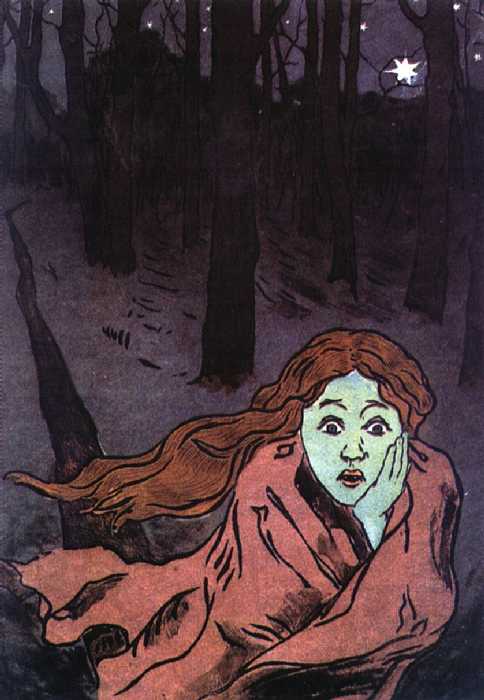
Hawkins / Angst
Inhaltsverzeichnis: (verbergen)
Der am häufigsten [88 mal] verwendete Satz im Alten Testament ist:
Angst treibt zu großen Teilen die Welt um. Die Welt erscheint dem Ängstlichen gefährlich und bedrohlich. Angst ist der treibende Motivator für Aktionismus und nimmermüdes Schaffen.
Das Gefühl der Unsicherheit (ver)führt zu Befangenheit, Eifersucht, Manipulation und Totalitarismus.
Vorhandene Ängste beginnen sich von selbst aufzulösen, wenn man aufhört, Widerstand zu leisten und die Gegebenheiten und Emotionen akzeptiert, so wie sie sind.
Häufig führt diese Fragemethode auf den Kern der menschlichen Angst, die ursprüngliche Angst vor dem Tod, der Auslöschung. Sich dieser zehrenden Emotion in jeder Abstufung zu stellen, die Angst zu durchleben und GOTT zu vertrauen, bedeutet, die Angst GOTT zu übergeben.
Personal avowals
Neither fear nor bravado
Along the Path to Enlightenment. 365 Reflections
from David R. Hawkins, edited by Scott Jeffrey, January 2011
When contemplating Psalm 91 Dr. Hawkins found a snake sitting at his doorstep. In view of the serpent he recontextualized Psalm 91 and stepped over it without being harmed.
Persönliche Einsichten

Empfehlungen
Einsichten
|
Literaturzitate
Film- und Dokumentationszitate
Personal avowals
Recommendations

Warning
Conclusions
Insights
Fear of alienation and fear of overwhelm
|
Literary and movie quotes
Movie quotes
North American culture's narrow definition of masculinity is harming boys, men and society at large.
Once there was a young warrior. Her teacher told her that she had to do battle with fear. She didn't want to do that. It seemed too aggressive; it was scary; it seemed unfriendly. But the teacher said she had to do it and gave instructions for the battle.
The day arrived. The student warrior stood on one side, and fear stood on the other. The warrior was feeling very small, and fear
was looking big and wrathful. The young warrior roused herself and went toward fear, prostrated three times, and asked,
Fear said,
Then the young warrior said,
Fear replied,
In that way, the student warrior learned how to defeat fear.
| Source: ► Pema Chödrön (*1936) US American Tibetan Buddhist nun (*1981), teacher in the lineage of ⚡ Chögyam Trungpa, author, When Things Fall Apart. Heart Advice for Difficult Times, Shambhala, later paperback edition 26. September 2000 |
Englisch
Links zum Thema Angst / FearLiteratur
Literature (engl.)
Externe Weblinks
Sören Kierkegaard sagt: Ängste braucht jeder. – Angst ist die Bedingung für Freiheit. External web links (engl.)
WMDs (weapons of mental destruction) aka journo-terrorism against the American people
Audio und Videolinks
Jüngere Untersuchungen zeigen eine Zunahme der Furcht in westlichen Ländern. Hirnforschung zu den für das Überleben der Menschen
Linklose Medienangebote Audio and video links (engl.)
A. Jahnel authored the book My Year of Beds. Book one; Germany to China, lulu.com, 11. March 2011
Linkless media offerings |
Wiki-Ebene
1 Alva Noë, Ph.D. (*1964) US American professor of philosophy, cognitive scientist, theorist on perception and consciousness, UCB, Out of Our Heads. Why You Are Not Your Brain, and Other Lessons from the Biology of Consciousness, Hill and Wang, 1st edition 17. February 2009 ⇑